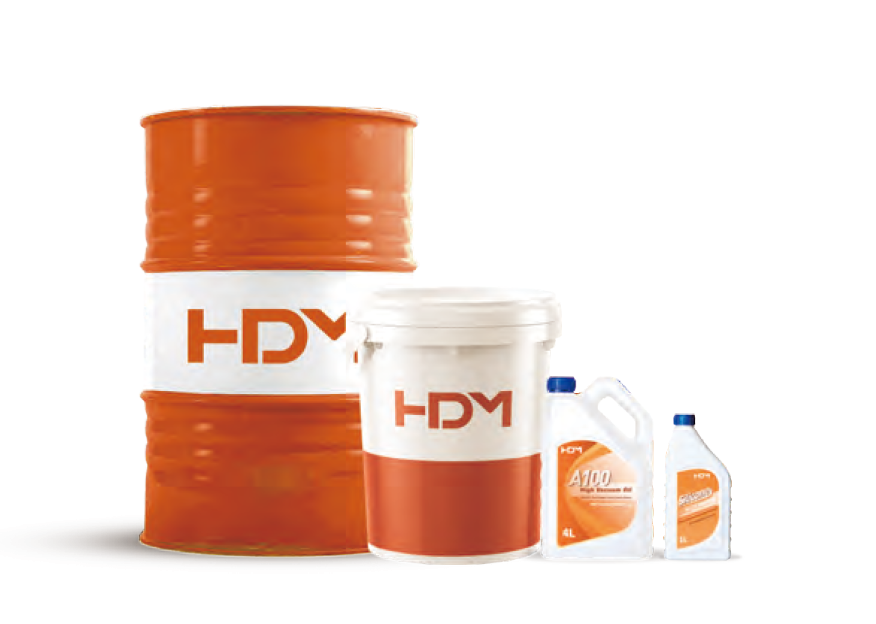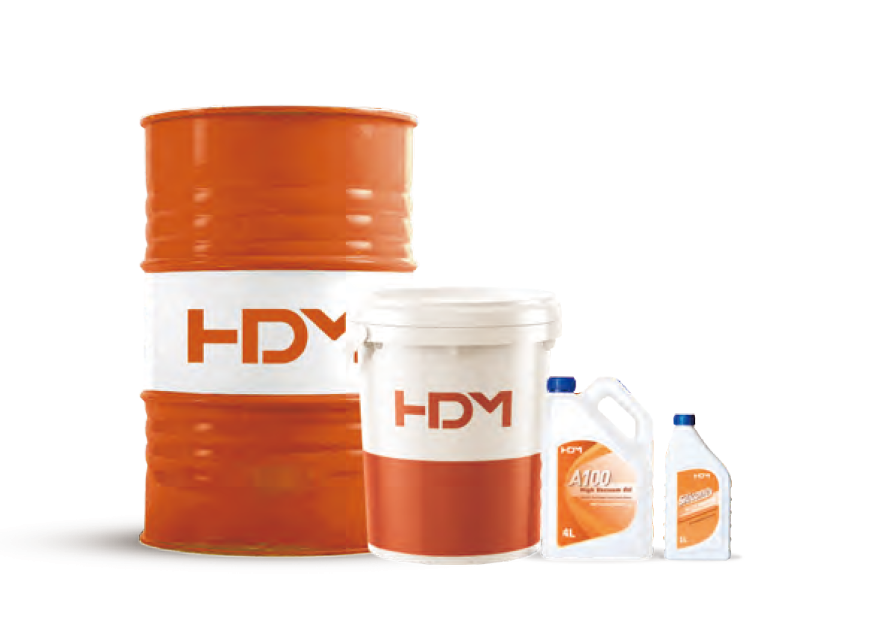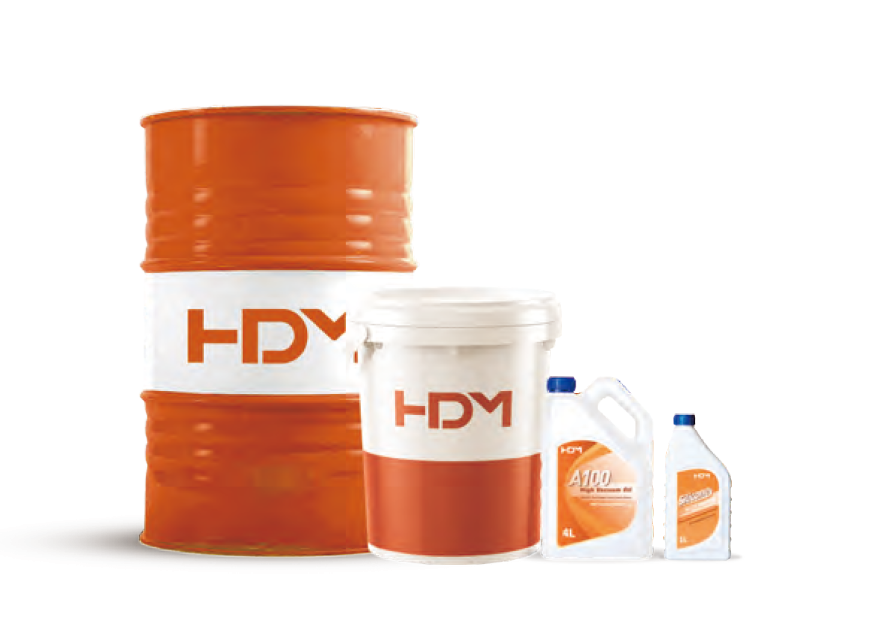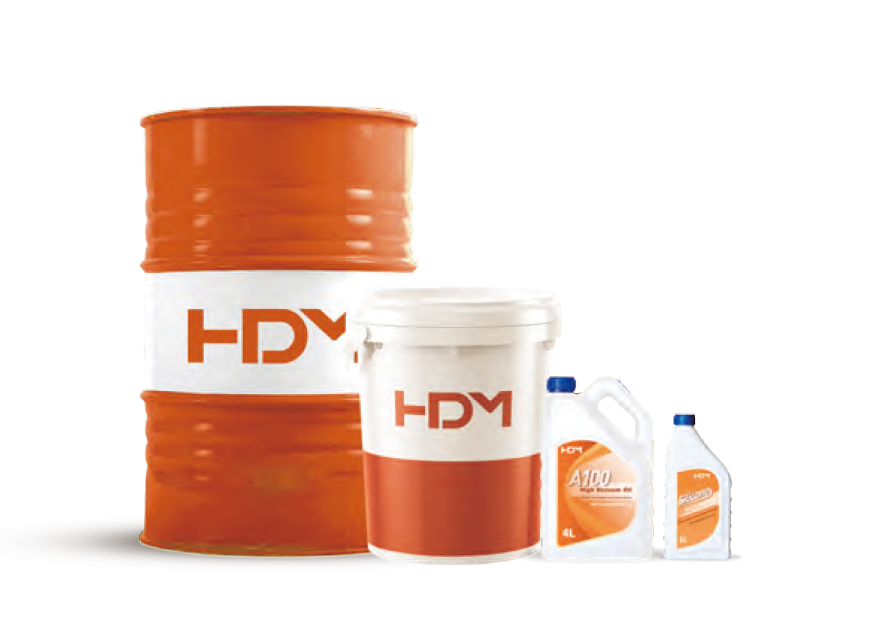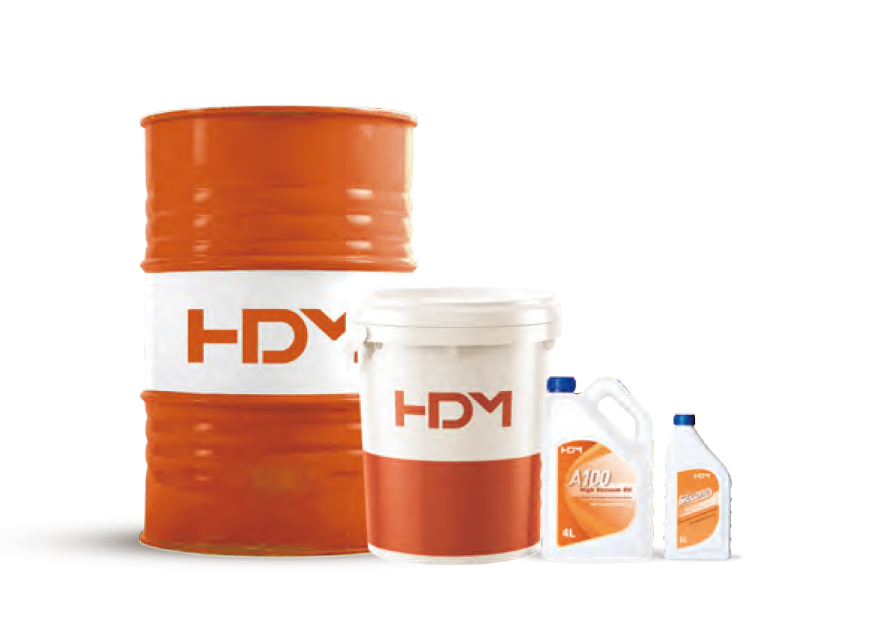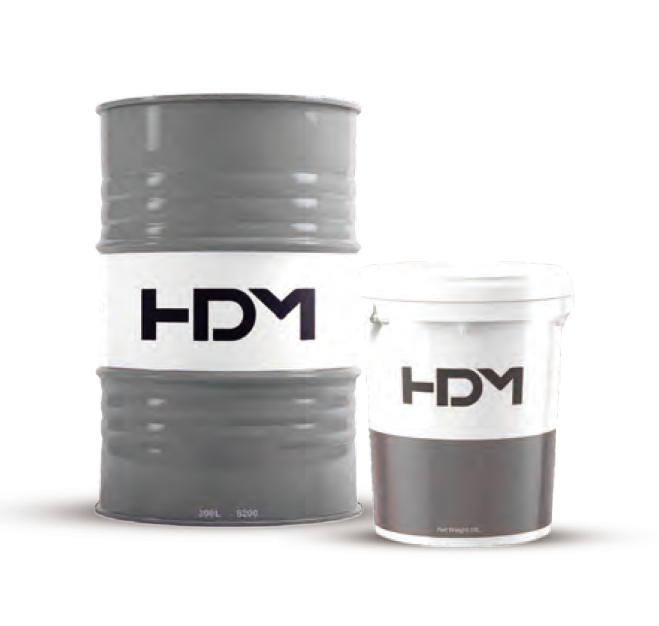Hydraulic oil is the most important component in a hydraulic system. Selecting the correct hydraulic fluid is critical to ensuring optimum performance and efficiency of your system. Each fluid has specific characteristics in terms of viscosity, suitable operating conditions, anti-wear properties, etc. In this article, we provide valuable tips and tricks to help you choose the right fluid for your hydraulic system.
Hydraulic fluid (HF) is a critical element in every hydraulic system as it affects important performance parameters such as power transmission, lubrication, heat dissipation, debris transport, contamination and sludge formation.
To choose the best hydraulic fluid, you must consider the operating conditions and requirements of your system. In addition, you should consider applicable safety and environmental conditions and regulations.
How Hydraulic Fluid Affects Your System Performance
The fluid and hydraulic system components are integrated. Together, they determine system efficiency and lifetime. The key elements of hydraulic fluid are fluid type, viscosity and quality.
Hydraulic systems operating with poorly matched fluids suffer from:
- decreased efficiency,
- lack of lubrication,
- reduced component life,
- corrosion, sludge and varnishes,
- fever
In addition to fluid properties, contamination levels are also critical to system performance and wear resistance of pumps and components.
The viscosity of hydraulic oil is the key
While various fluid properties contribute to different performance functions, the viscosity of hydraulic fluid is a key factor. Fluid viscosity affects hydraulic systems in several ways:
- volumetric efficiency (=efficiency related to volume loss due to internal leakage),
- mechanical efficiency (=efficiency related to mechanical losses due to internal friction),
- (elastic) hydrodynamics and boundary lubrication,
- cavitation,
- cooling,
- air release,
- filterability,
The optimal operating range of a hydraulic system is largely dependent on fluid viscosity
If the hydraulic fluid viscosity is too low, the oil film will be too thin, resulting in direct metal-to-metal contact, causing excessive wear on components. Low viscosity fluids also increase the risk of internal leakage, reducing the volumetric efficiency of pumps and motors.
If the fluid viscosity is too high, the system will suffer from sluggish motion and reduced mechanical efficiency. This results in energy loss and unnecessary heat generation. Other negative effects of high fluid viscosity are cavitation, poor air release and insufficient lubrication.
HF viscosity is affected by ambient and operating temperature as well as system design. High temperatures lead to a decrease in viscosity and vice versa. Selecting a hydraulic fluid with the proper viscosity is critical to the overall efficiency of a hydraulic system. Fluid viscosity determines mechanical and volumetric efficiency and sets the limit for the optimal operating range of a hydraulic system.
Other important parameters of hydraulic oil
In addition to viscosity, hydraulic fluids have several other parameters that affect system performance:
- Anti-wear properties: Anti-wear additives form a thin reactive layer on the surface to prevent direct metal-to-metal contact. There are two types: zinc-based (zinc dialkyldithiophosphate ZDDP) and zinc-free. Zinc-based additives are considered the most common, while zinc-free additives are recommended for environmental reasons or corrosion or hydrolysis concerns.
- Viscosity Index (VI): A value that expresses the effect of temperature on viscosity; a fluid with a high VI maintains its viscosity relatively well under changes in temperature.
- Thermal and Oxidative Stability: Chemical reaction of O 2 with oil to form acidic by-products. Oxidation rate is affected by high temperature, water and wear metals (catalysts).
- Air Release: The ability of the oil to release trapped air. Air can cause system inefficiency and cavitation.
- Foaming: The oil is stirred and aerated to create a foam. This is a common problem in hydraulic systems. Influencing parameters include water, contaminants, degraded oil components, air, and system design.
- Filterability: the ability to expel particles through a filter.
- Demulsibility: ability to release water, important in humid climates.
- Rust and Corrosion Protection: The ability of hydrofluoric acid to prevent rust and corrosion. Rust inhibitors form a thin layer on metal surfaces to prevent rust.
- Material Compatibility: Many different rubber and elastomer materials are used for hoses, accumulators, gaskets and seals. HF shall be tested for seal and elastomer compatibility.
Conclusion: How to choose the right hydraulic oil?
To select the most appropriate fluid for your hydraulic system, follow these steps:
- Select the proper viscosity at a given operating temperature to ensure maximum efficiency and meet system requirements.
- Selection of suitable AW additives: Zn or Zn free antiwear protection additives.
- Check viscosity index. High viscosity hydraulic fluids are the best choice for extreme temperature changes or harsh operating conditions.
- Selection of appropriate contamination control and monitoring features to ensure the service life of hydraulic components and fluids.
- Check special requirements or regulations, such as the use of fire-resistant or environmentally friendly hydraulic fluids. These conditions often have an effect on the hydraulic fluid type.



